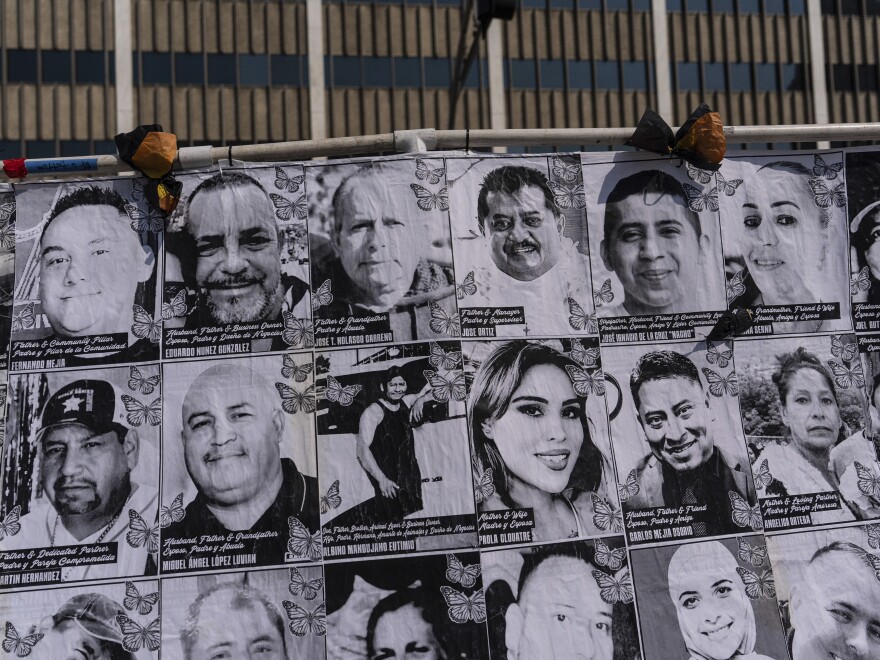Due to laws that restrict collaboration with federal immigration efforts, a judge said late Friday that the Trump administration could not refuse funds to Boston, Chicago, Denver, Los Angeles, and thirty other cities and counties.
A preliminary injunction prohibiting the administration from halting or restricting the use of federal funds for so-called “sanctuary” jurisdictions was extended by U.S. District Judge William Orrick in San Francisco. San Francisco, Portland, Seattle, and over a dozen additional cities and counties were shielded by his previous order.
The White House did not immediately respond to an email sent late Friday. Orrick stated in his decision that the administration had only argued that the initial injunction was incorrect and had not objected to a prolonged injunction. The initial order is being appealed.
Orrick also prevented two specific grant programs from being subject to immigration-related restrictions by the government.
In an effort to fulfill President Donald Trump’s campaign pledge to forcibly remove millions of people from the nation, the Trump administration has increased pressure on sanctuary areas.
Attorney General Pam Bondi and Homeland Security Secretary Kristi Noem are instructed by one of Trump’s executive orders to prevent federal funds from going to sanctuary jurisdictions. Every federal department is also required by another order to make sure that funds given to state and local governments do not “abet so-called’sanctuary’ policies that seek to shield illegal aliens from deportation.”
The counties and cities who filed the lawsuit claimed that billions of dollars were at stake.
President Barack Obama nominated Orrick, who claimed that the executive orders and the “executive actions that have parroted them” constituted an unlawful “coercive threat.”
In May, the Department of Homeland Security released a list of over 500 “sanctuary jurisdictions,” stating that each would be formally informed that they were considered noncompliant by the government. Additionally, it stated that if it thought they were in breach of any federal criminal statutes, it would notify them.
After opponents pointed out that the list featured communities that have actively backed the administration’s strict immigration policies, the government later took it down from its website.
Due to their sanctuary policy, the Justice Department has also filed lawsuits against Los Angeles, New York, and other communities.
Although the terms “sanctuary cities” are not strictly defined, they often refer to locations that restrict collaboration with Immigration and Customs Enforcement. While ICE enforces immigration laws across the country, it also looks to state and local agencies for assistance in identifying and holding federal personnel who are wanted for deportation.
Copyright 2025 NPR






